Mental Health Awareness is a necessity and so is the stigma surrounding mental illness. The mental health stigma may seem daunting to reverse, but there is a myriad of ways we can work to combat it.
In honor of Mental Health Awareness Month, I asked people from all walks of life how we can reduce the mental health stigma. I hope their enlightening words inspire you to work to eliminate the stigma.
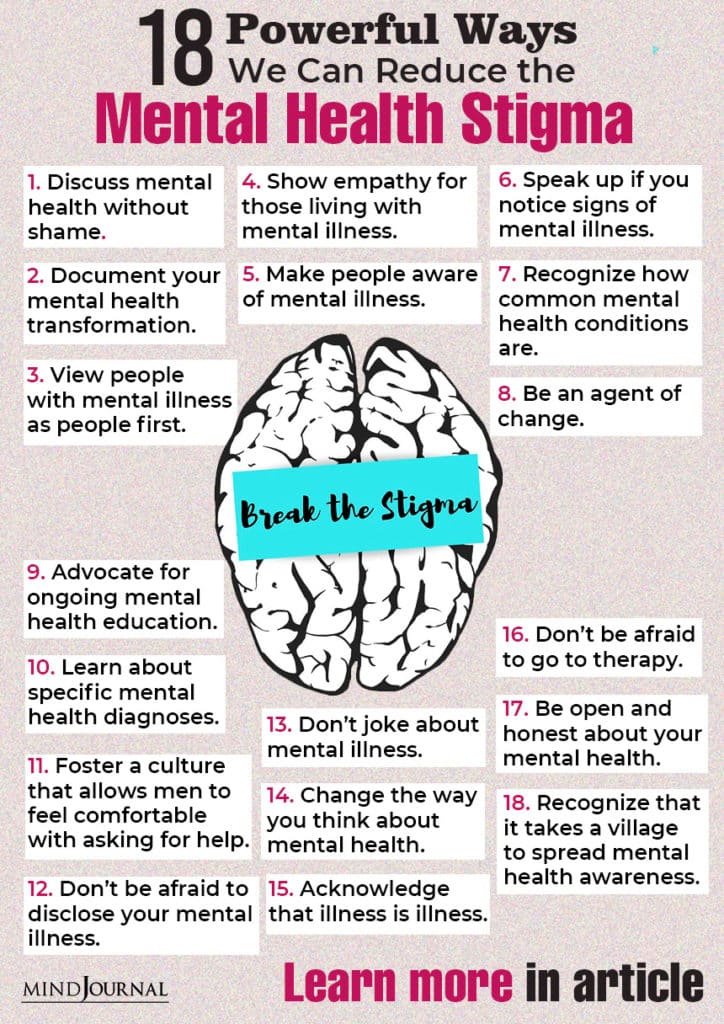
1. Discuss mental health without shame.
“Start talking to people [about] mental health, and [don’t be] afraid to discuss. Talk to family, friends, colleagues [and] neighbors, and build from there with more people. Encourage [others] to talk about [mental illness] and ways to remove the stigma.” — Sofia
“Talk about mental illness and have real, open discussions about it and realize it’s nothing to be ashamed to talk about because mental health is so important.” — Larissa
“I think one way [we could] reduce the stigma is by talking about mental health. We all have it, so why not talk about it? We need to normalize it [like] any other physical condition that we can have.” — Yujia
2. Document your mental health transformation.
“I think the best way to reduce stigma is by exercising courage and documenting our struggles and transformation. There’s no shame in admitting you need help.” — Molly
Read:11 Signs You Need To Talk To A Therapist
3. View people with mental illness as people first.
“[See that] people with mental illness are still people first.” — Sydney
“Mental health needs to be talked about on a more personal level first [and a more clinical level] second. There is a person behind the figures and charts you need to get to know first, and the diagnosis comes last. People [with mental illness] are still people. Treat them first.” — Jessica
“I think we can reduce the [mental health] stigma by working not to reduce people to their mental illness. Mental illness [may] already be all-consuming for the person [who] lives with it, so let’s all work harder to see it as just a slice of who someone is, not the defining factor.” — Kat
4. Show empathy for those living with mental illness.
“We [could] reduce [the mental health stigma] by talking to people with mental illness and [trying] to [empathize] instead of judge.” — Louis
5. Make people aware of mental illness.
“We need to make more people aware of [of mental illness]. I believe that if more people are in tune with what is going on, then maybe they will be more tolerant of what is right in front of them.” — Rivka
6. Speak up if you notice signs of mental illness.
“[We could] end the [mental health] stigma by speaking up if we see signs of mental illness.” — Tylia
7. Recognize how common mental health conditions are.
“We can reduce mental health stigma by recognizing that 1 in 5 people deal with a mental illness in [any] given year. They deserve support, resources and compassion.” — Adrian
Read: What Depression Looks Like: The Hard-Hitting Truth
8. Be an agent of change.
“We need to be the change that people see. We [may] not see change unless [those of us with mental illness] are the voice to help us.” — Daniel
9. Advocate for ongoing mental health education.
“I think a great place for us to start as a society is education — making sure people learn about how common mental health issues are and what some common ones may look like. I think [mental health] education at a younger age is so important.” -Megan
“I believe the quickest way to [reduce] the stigma is to educate others.” — Katrina
“[We need to educate] the masses about mental illness in order to reduce [the stigma]. If people are uneducated, there is still a stigma about mental illness.” — Dakota
10. Learn about specific mental health diagnoses.
“I think it’s vital that [medical] professionals [in particular] are not afraid of certain diagnoses and are willing to learn when they don’t understand something.” — Andee
11. Foster a culture that allows men to feel comfortable with asking for help.
“Men [in particular] are taught from the youngest of ages that seeking help is a sign of weakness. I jokingly say that most men would rather be lost than ask for directions. We have to change that! We need to create a dynamic in which help-seeking is OK and viewed as a signal of greater strength.” — Casey
12. Don’t be afraid to disclose your mental illness.
“Don’t be afraid to tell other people you have a mental illness because if you are ashamed of it, then other people [may] also see it as shameful.” — Katie
13. Don’t joke about mental illness.
“I think something a lot of people don’t consider is being careful with the jokes they make. For example, [when] someone has a really bad day and says, “I want to die” as a joke. Things like that can make it difficult for someone [who is actually struggling with their mental health] to come forward because they might feel like they won’t be taken seriously.” — Abbey
14. Change the way you think about mental health.
“Hanging onto your [misconceptions about mental illness may] only showcase your mental well-being. Help yourself mend those thoughts, and you [may] be surprised as to how many people you can help.” — Vaishnavi
Read:10 Pointers For Fighting The Stigma Of Substance Abuse
15. Acknowledge that illness is illness.
“Acknowledge that illness is illness, whether it is mental or physical.” — Maria
16. Don’t be afraid to go to therapy.
“As someone who goes to therapy, I think more people shouldn’t be so afraid to go to therapy. It doesn’t mean you’re ‘crazy.’ It means you want to be a better person and have a grasp on yourself [and] your life. I think one of the biggest stigmas is ‘therapy’ equals ‘crazy,’ and it’s quite the opposite.” — Lexi
Read: Overcoming The Stigma Around Couples Therapy
17. Be open and honest about your mental health.
“I think that one important step to ‘breaking the cycle’ of mental health stigmas is by being completely open and honest with those around us about our illnesses and struggles. By doing this, we [can] humanize the illness and put real faces to the diagnoses.” — Megan
“Share your personal experiences with mental illness. Openly, unapologetically sharing your mental health story can spark a chain reaction, allowing others to feel comfortable with disclosing their mental illnesses as well. Your story may soon become a dialogue, then can transform into a conversation, which could effectively end the silence surrounding mental illness.” — Kelly
“Open up about mental health, and you’ll be amazed [by] how many others [may] open up, too.” — Rhiannon
18. Recognize that it takes a village to spread mental health awareness.
“[Know that] advocates can only do so much. It’s up to everyone else to take the wheel and help us [spread awareness]. [Raising mental health awareness] takes a village.” — Juliana
Written by: Kelly Douglas Originally appeared on: The Mighty Republished with permission.
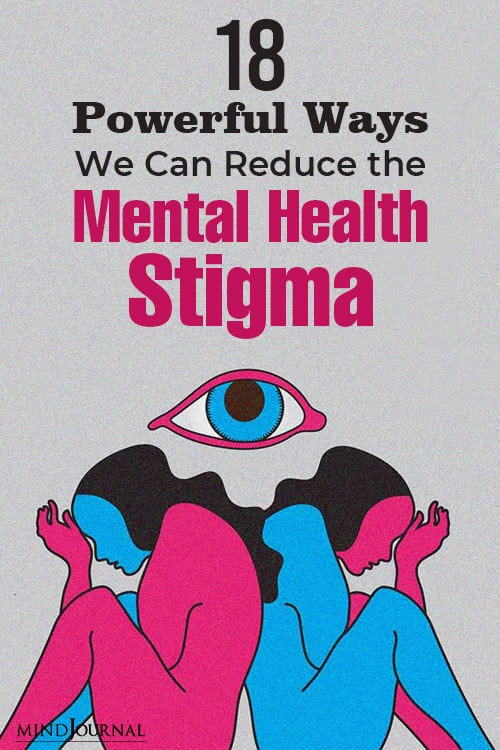
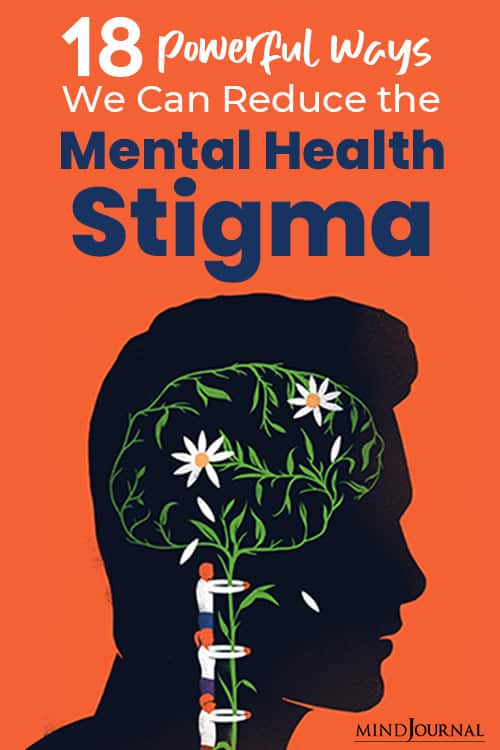
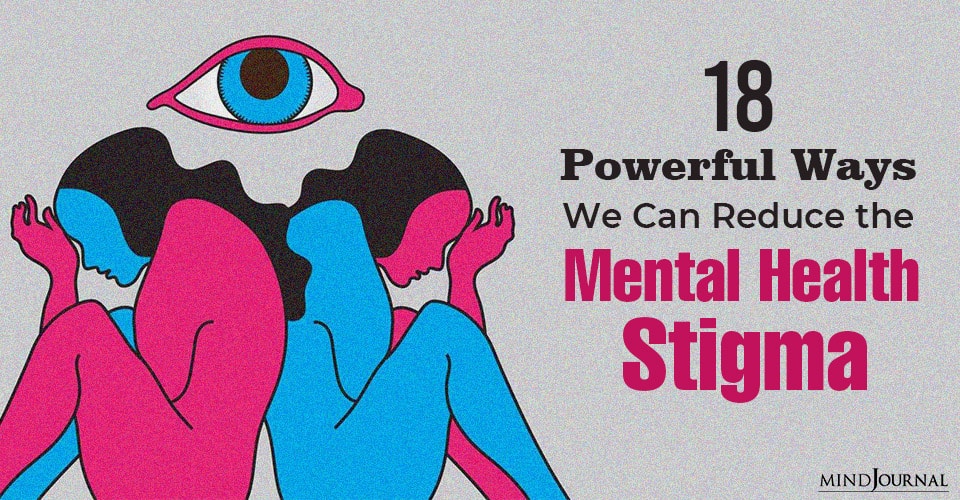








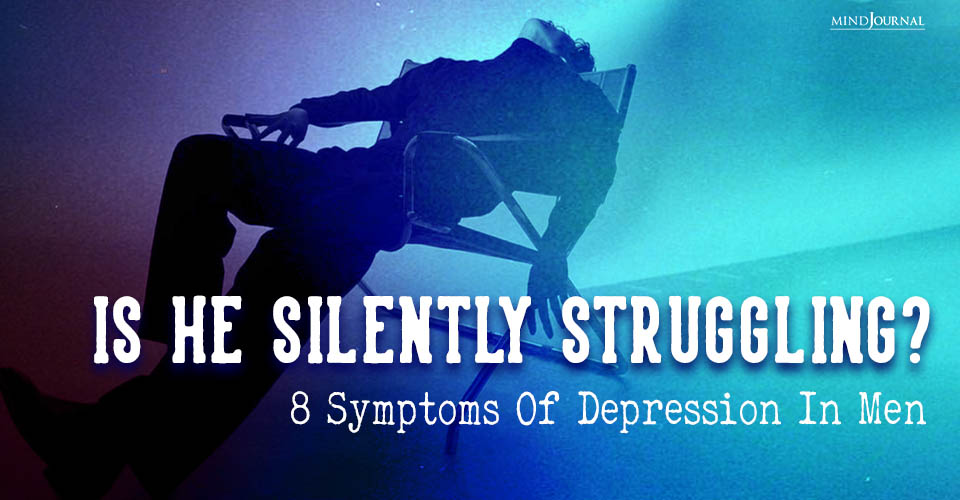




Leave a Reply
You must be logged in to post a comment.